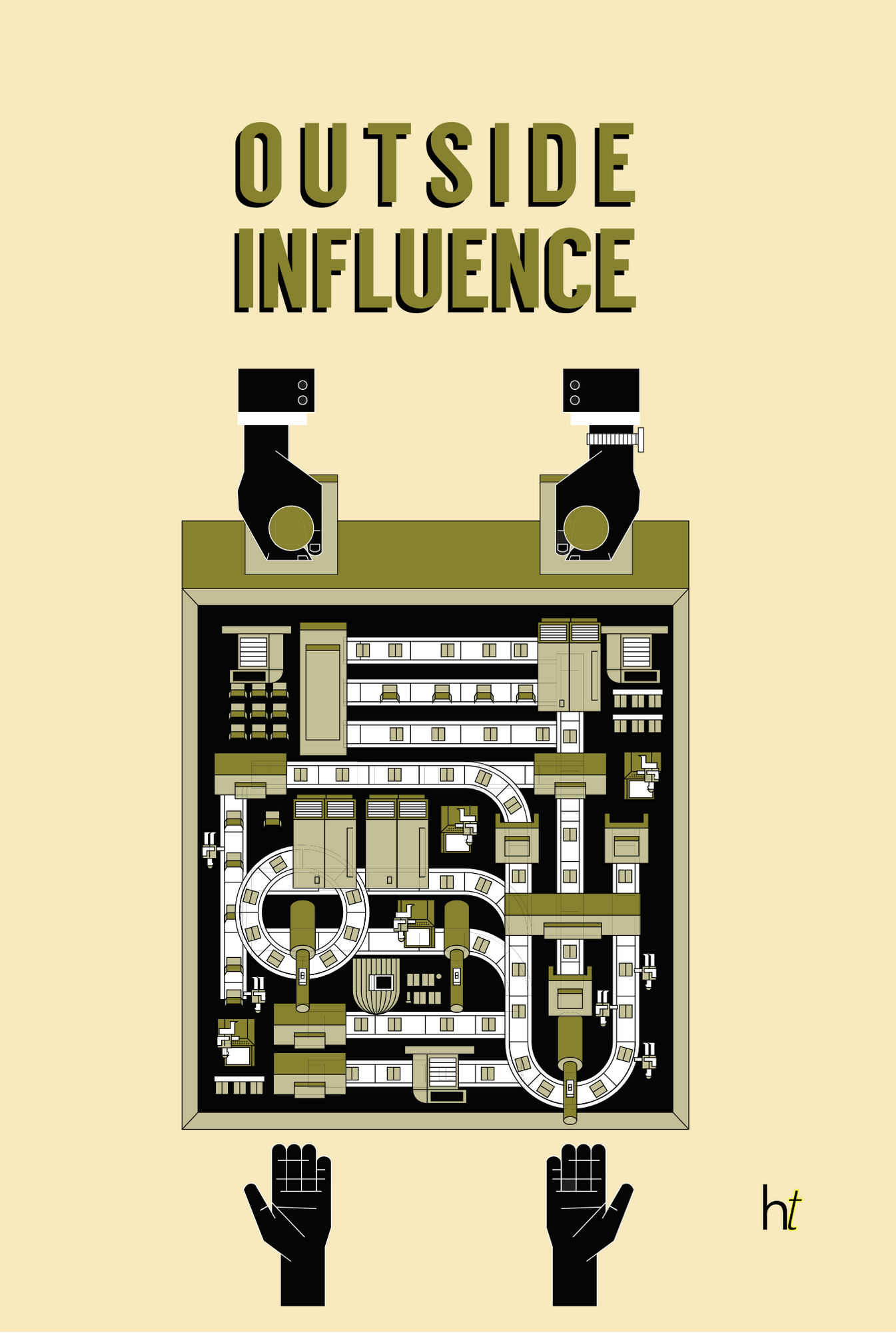Hardware Things: SHS systems and manufacturing relationships
Hope you’re doing well.
To understand how subscribers consume the newsletter, I’ve kept track of the most clicked links from the last 12 months. It’s shown me that people like the links that have featured in the Interesting Things and Company Spotlight sections more than the others, which was a little surprising to learn.
In case you missed it, here’s last month’s newsletter written by David Oni.
First Things First
The number of companies that provide Solar Home Systems (SHS) products on the continent keeps growing. There’s a large market and many areas still unconnected to the grid. It’s also proven technology that can be quite easy to set up, what’s difficult is getting into the market and refining the business model to make the business sustainable.
But each new provider of a SHS product brings their own stack: usually a kit that includes an inverter, charge controller, and batteries. They also operate code that speaks to only their machines. To allow themselves recoup their investment, they give their users contracts that essentially lock them in for a long time (usually 3-5 years). If the box did not work for them, the users had no choice.
There are newer companies that are doing things a little differently, offering battery swaps instead of kits so that users pay only for the time that they use the solar power. While that’s great for small businesses or other small uses, it does not replace bigger SHS needs.
In June, the Global Off-Grid Lighting Association (GOGLA) - an association that includes many players in the off grid solar space on the continent - published a white paper that proposed a universal connector and device-to-device firmware guidelines for 12V SHS kits.
If used widely, it would mean that users could buy a kit from any company and switch whenever they wanted to with the same box. It also opens up the market to software products that can run on different systems providing useful services like usage tracking and more. It remains to be seen how this is used, especially since some of the standards in the whitepaper adopt technologies already developed by some of the members of GOGLA, like Solaris and ANGAZA, which would give them an unfair advantage.
My thoughts on this are evolving, and I would like to hear from you especially if you’re an operator in this space!
Things I Enjoyed Reading
Maize milling is a big deal across the continent, as its output is the staple meal for poultry farms. In the Daily Monitor, Bamuturaki Musinguzi writes about how solar-powered mills are being explored as part of a pilot phase in Uganda.
Paul Munro has been researching solar waste, particularly in Malawi, for a number of years and released a short film based on his research with Shanil Samarakoon recently. The film investigates the implications of the boom of SHS products for consumers, the product lifecycles and waste generated.
Complement that film with this 2018 paper: The afterlives of solar power: Waste and repair off the grid in Kenya.
Interesting Things
Bio Climatic buildings to decrease energy consumption. [Morocco]
Stanley Anigbogu is developing a handsfree communication and measurement device for construction workers. [Nigeria]
Things To Apply For
The Africa IOT & AI Challenge organized by IEEE is receiving applications from startups deploying solutions across 12 categories including smart manufacturing and healthcare.
The UNICEF Innovation Fund is receiving applications from AI and ML startups for their $100K equity-free seed stage investments. Candidates should have their startup registered in one of UNICEF’s programme countries.
Deadline: tomorrow, August 2.
Company Spotlight
In South Africa, TANDM provides testing and metrology services for new product introduction. Their range of tests stretches from fatigue and reliability to LIDAR, and serves companies looking to move into the Southern African market as well as new startups.
Zine 01: Outside Influence
I’m happy to share that Hardware Things’ first zine is titled Outside Influence and will be released on September 1, 2021. This edition focuses on the external influences on product development on the continent, and how this is changing.
Contributing to this edition are:
- Seyram Avle, Assistant Professor of Communication at the University of Massachusetts
- Wiza Jalakasi, VP of Developer Relations at Chipper Cash
- Ashley Okwuosa, Assistant Editor at TVO
- Bukunmi Oyedapo, architect and furniture designer
Last month I published an excerpt from the zine: The Prize Economy. It explores how African entrepreneurs are taking advantage of prizes and grants to fund early prototype development, and how the organizations behind these prizes have developed extensive methods for technical due diligence.
The zine is one of the methods I’m exploring to sustain Hardware Things financially and I hope you will support me by getting a copy. Or two. If you’d love a physical copy, sign up for a membership to get one sent to your mailbox. Full preview at the link below.

Zine 01: Outside Influence — Hardware Things
Outside Influence, the first zine by Hardware Things, explores the influences and relationships behind hardware product development on the African continent.
Until next time,
Chuma.